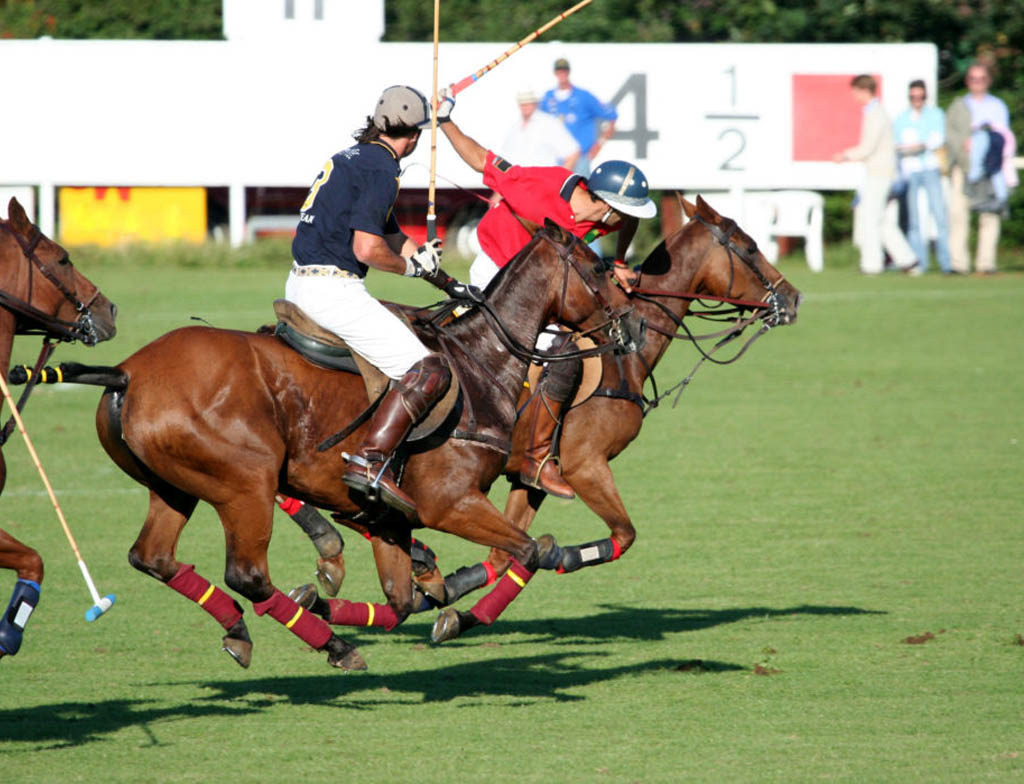Compounding Pharmacies
When is a Pharmacy Not a Pharmacy? Or ‘A Horse of a Different Color.’
ack in the ‘Old Country,’ polo is considered the ‘sport of kings.’ On any given day, weak sunshine bathing the pitch in a pale golden glow, the upper crust of the English horsey elite will gather for this centuries-old game of speed and tactic. Dukes and earls rub shoulders with up-and-coming titans of industry and their winsome trophy wives as the battle for dominance of the puck is played out on a meticulously manicured lawn. And when the match concludes and the horses are stabled, players and crowd adjourn for a glass of Pimms or some sweet tea, and a round of cucumber sandwiches.
At least that is the delicately romanticized image of polo.
But back in 2009 in Ocala, Florida, at the U.S. Open championship match the spectators’ appetite for post-game nibbles – whether cucumber or otherwise – was severely compromised. In front of the group of horrified onlookers, twenty-one of the competing horses suddenly and apparently inexplicably dropped dead. The horses – the Lechuza Caracas polo team – were owned by Victor Vargas, a Venezuelan entrepreneur, and three of the players, and they all wanted answers.







